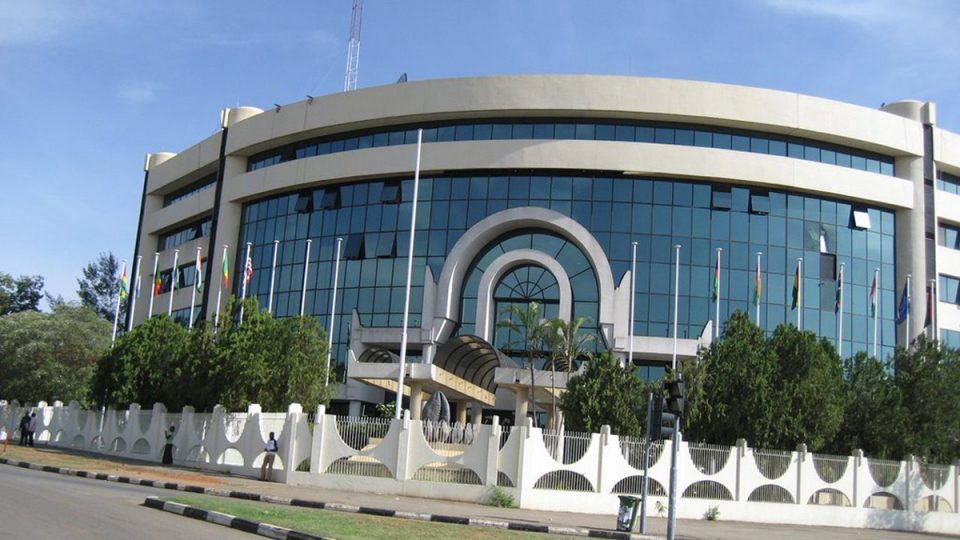Military intervention in Niger economic suicide, to cost Nigeria $2bn annually, say experts
Economic experts have joined parliamentarians to kick against the deployment of soldiers to restore democracy in Niger Republic, saying it is tantamount to economic suicide and an unconscionable waste of over $2 billion annually in prosecuting the task.
The Director General, Centre for the Promotion of Private Enterprise (CPPE), Dr Muda Yusuf, stated this on Tuesday, while reeling out the cost, security and geo-political implications of executing the of plans of Economic Community for West Africa States (ECOWAS) in using force to restore democracy in Niger Republic.
Yusuf, while appreciating the pressure from ECOWAS and other Western nations on President Bola Tinubu to use soldiers in subduing the coupists in Niger Republic, said such thoughts must be discarded due to the staggering financial implications and potential loss of manpower.
He said: “There are valuable lessons to learn from Nigeria’s military operations in Liberia and Sierra Leone over two decades ago. Nigeria was the head of the then Economic Community of West African States Monitoring Group (ECOMOG), the intervention force at the time. We lost over 500 soldiers during the Liberia war with hundreds sustaining various degrees of injuries. The war became protracted, lasting for about seven years, (1990 to 1998). At the peak of the war, there were 16,000 ECOMOG troops in Liberia, 80% of them were Nigerian troops. The cost to Nigeria of the Liberia war was an estimated $8 billion dollars.
“Shortly after the Liberia military operation, Nigeria led another military intervention in Sierra Leone to restore democracy in that country following the coup that toppled the then democratically elected President, Tejan Kabbah.
“The story of Nigeria’s military campaign in Sierra Leone was not different. Nigeria spent over $4 billion and lost about 700 soldiers. The war lasted about five years from 1998 to 2002.
“The lesson here is that the cost of military interventions can be very prohibitive. Similar military operations at this time may cost considerably higher, given the inflationary trend over the past 25 years. At the very minimum it would cost Nigeria a minimum of $2 billion annually to prosecute a military operation in Niger, taking into account the prevailing geopolitical dynamics in the Sahel.”
It will be difficult to accommodate such a huge financial commitment at this time without putting a serious strain on our fiscal operations and foreign reserves”.
Yusuf said it was totally doubtful whether Nigeria got any significant benefit from the military interventions in both Liberia and Sierra Leone, despite the fact that military spending in a war situation is largely in foreign currency that could drain Nigeria’s lean foreign reserves.
“The loss of lives was also a tragic outcome of the war. At the end, there was no concrete benefit for Nigeria for expending so much of its financial and human resources. Of course, we were consoled by the perception of Nigeria in the comity of nations as the ‘giant’ of Africa”.
The CPPE Chief Executive also said the planned military intervention in Niger Republic would fracture regional trade and integration.
“It would perpetuate fragmentation of the region and trade within the region will be severely impacted. This has grave consequences for the economies of the economies of member states and the welfare of the citizens.
“Already the recent border closure is beginning to adversely impact on traders on both sides of the divide. The truth is that sanctions are typically a double-edged sword which is why it needs to be cautiously and strategically applied”, he added.
Dr Yusuf also listed security implications as one of the reasons military intervention in Niger should be junked.
“The fragile security situation in the sub-region may further deteriorate in the event of a military assault on Niger. Current acts of terrorism in the region require concerted efforts by ECOWAS countries to tackle them. Nigeria needs the cooperation of its neighbours to effectively confront terrorism in the country.
“A fragmented region cannot present an effective front to deal with the growing challenge of insecurity in the region. The countries in the region may become more vulnerable in the event of intra-regional conflict and fragmentation.
“It is instructive that the Sahel is rapidly becoming a theatre of geo-political competition between Russia and the West. The Sahel is currently the hotbed of global terrorism. It is not in Nigeria’s interest to get deeply involved in the military adventures in the zone, with Mali, Burkina Faso, and Niger being major theatres of their operations. This could further complicate matters for the entire sub-region. Nigeria should avoid getting entangled in these geopolitical dynamics” he noted.




